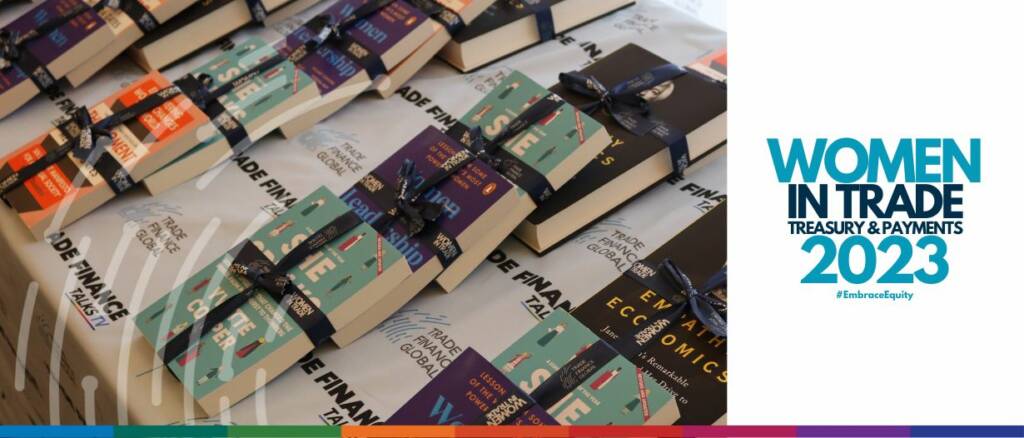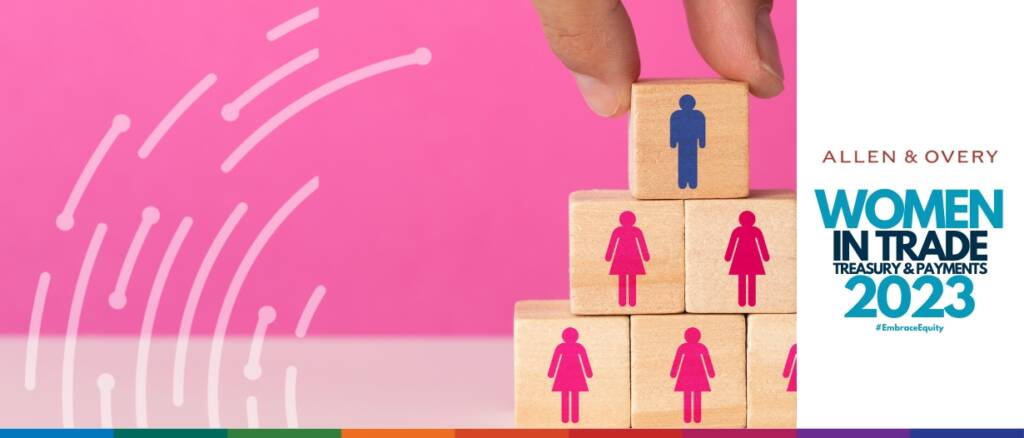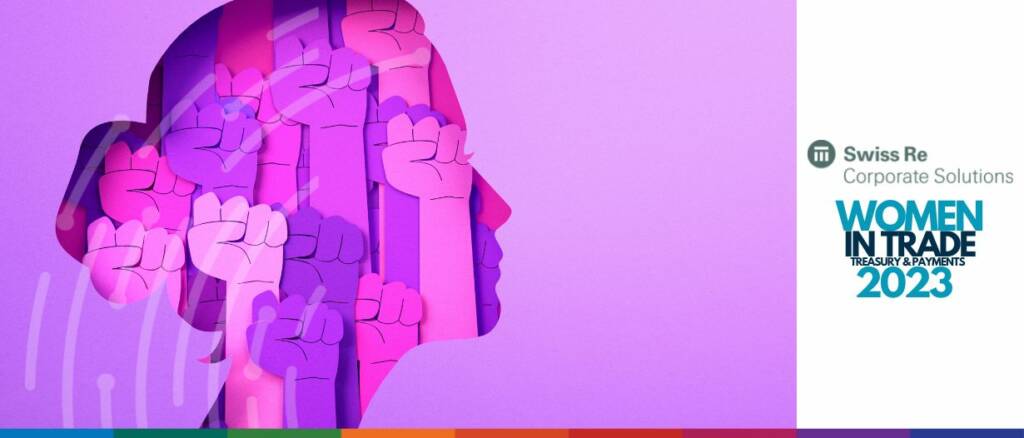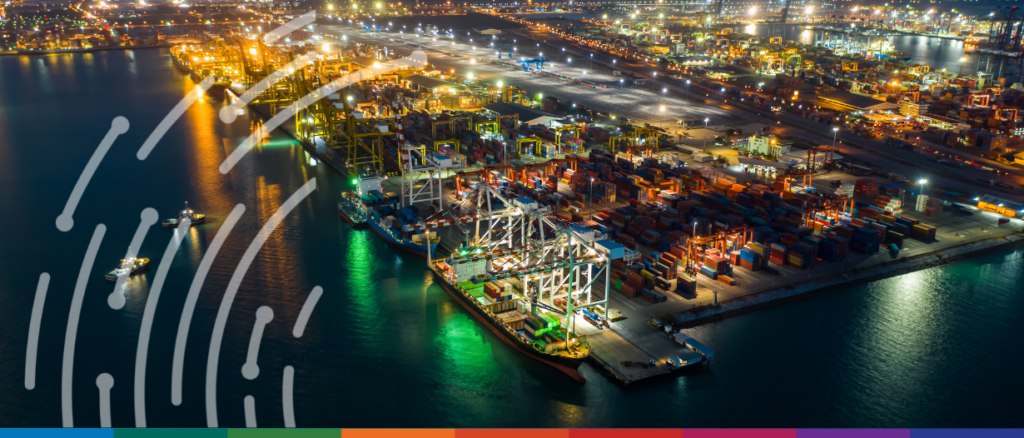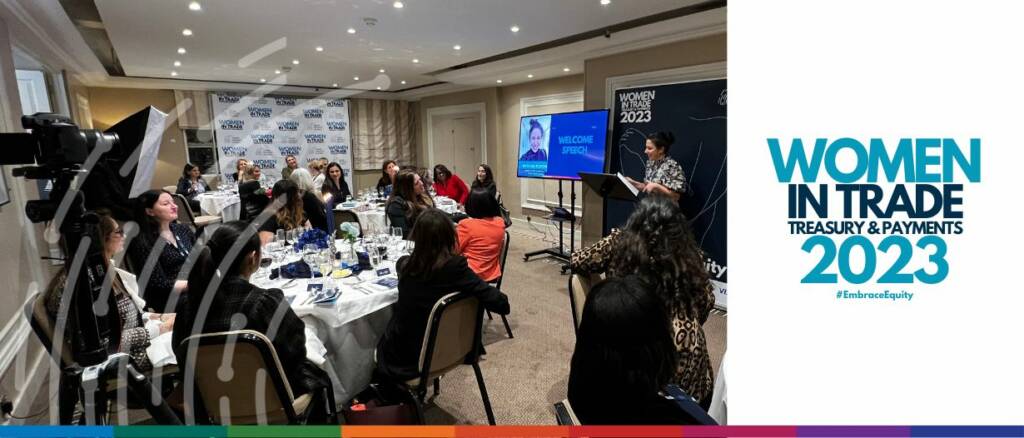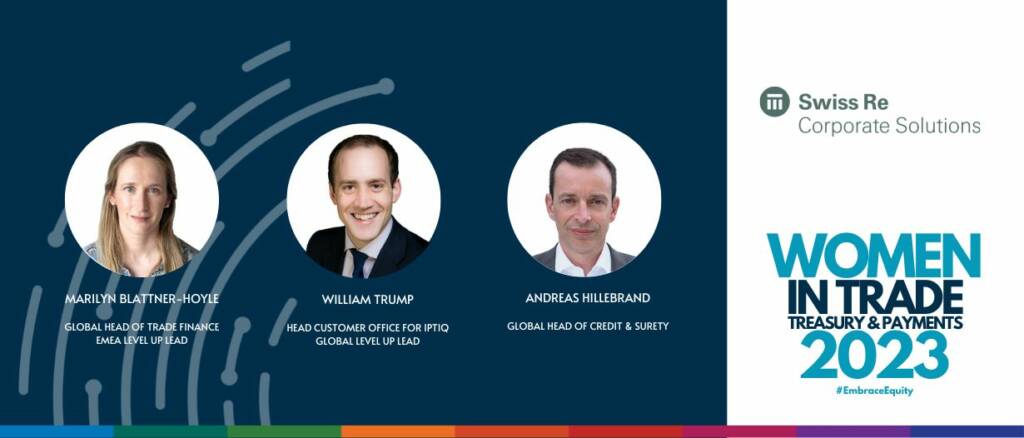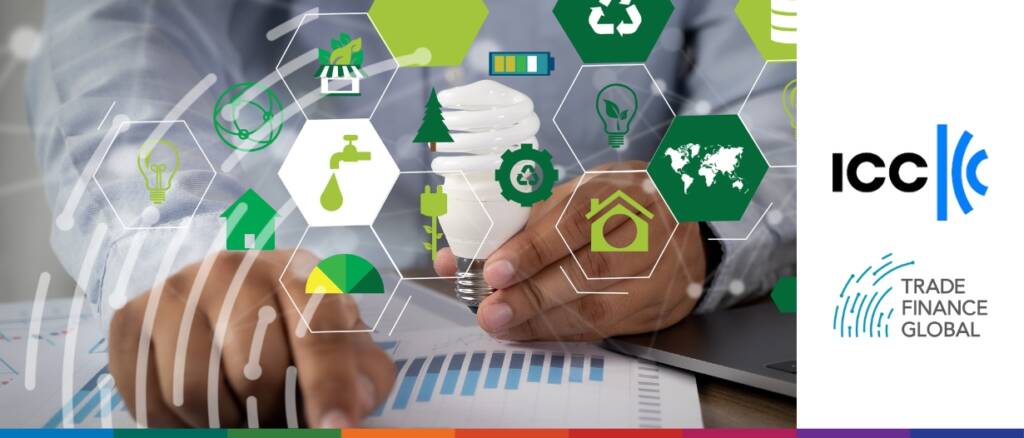From a lack of representation in decision-making processes to unconscious biases and disproportionate family responsibilities, women encounter numerous obstacles that can impede their career growth and success.
As part of our Women in Trade Campaign, Trade Finance Global’s Natasha Roston spoke with Catherine Lang-Anderson, partner at Allen & Overy, to hear about her personal experiences and lessons learned as a female leader in the legal industry.
To better understand the larger picture of ‘Embracing Equity’, TFG’s Brian Canup spoke to Natalia Clements, senior trade finance specialist at Swiss Re Corporate Solutions, who shared her experiences as a woman in the insurance industry, the challenges she has faced, and the importance of embracing equity in the workplace.
Nine ocean carriers recently committed to 100% adoption of an electronic bill of lading (eBL) by 2030, with a waypoint goal of 50% adoption within five years. It is a significant step along the road to digitalisation, one that heralds a future for container trade processes that are simpler, more sustainable and more resilient.
Trade Finance Global (TFG) is happy to champion International Women’s Day 2023, highlighting the stories and success of women across the trade, treasury and payments (TTP) industry and beyond.
Marilyn Blattner-Hoyle interviews two Swiss Re leaders and gender-equity allies to get their perspectives on #EmbraceEquity and inclusion.
DLT offers the financial services industry a new piece of infrastructure to push the boundaries of Open Banking. But it doesn’t come without its challenges. TFG heard from tradetech expert André Casterman on future use cases for blockchain in assets, trade and transaction banking.
The International Chamber of Commerce (ICC), a global business organisation, has a central mission to promote international trade and investment as vehicles for inclusive growth and prosperity. ICC helps businesses adapt to the challenges of trading in today’s fast-paced global economy.
With an estimated 3.5 billion fans around the world, it’s no wonder the finance behind football piques interest, even in the world of trade and receivables finance.
TFG interviewed ITFA and ADB about the financing of dirty commodities and fossil fuels, and what a sustainable transition means for trade finance.















